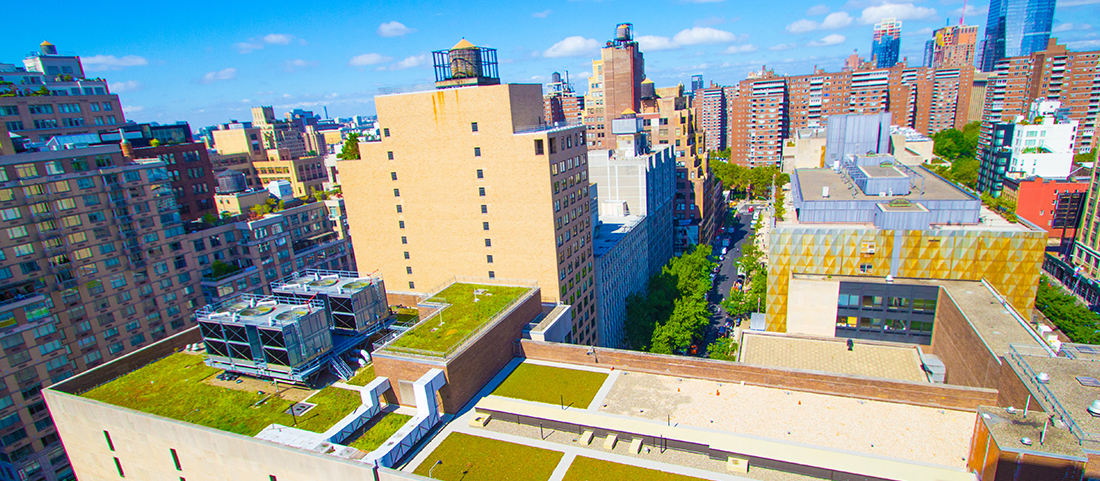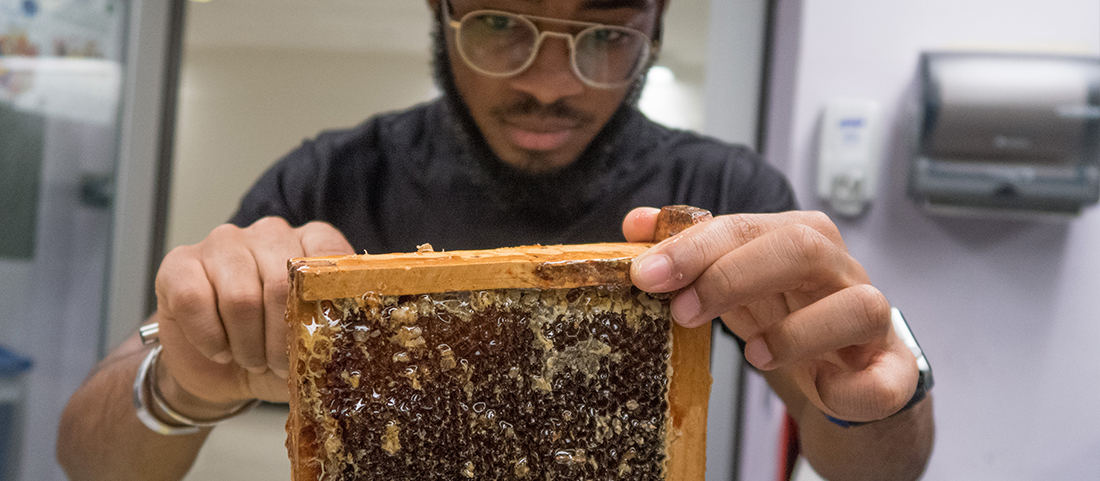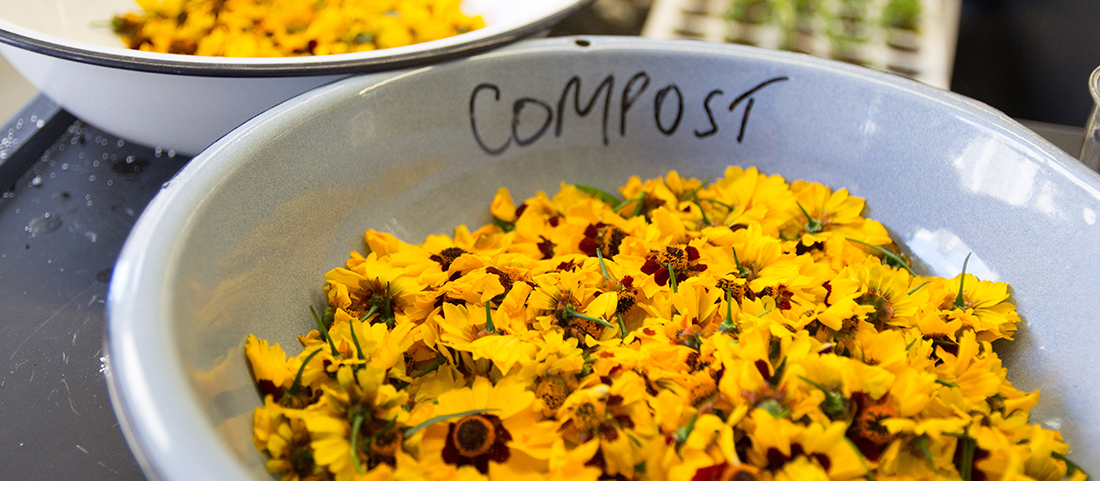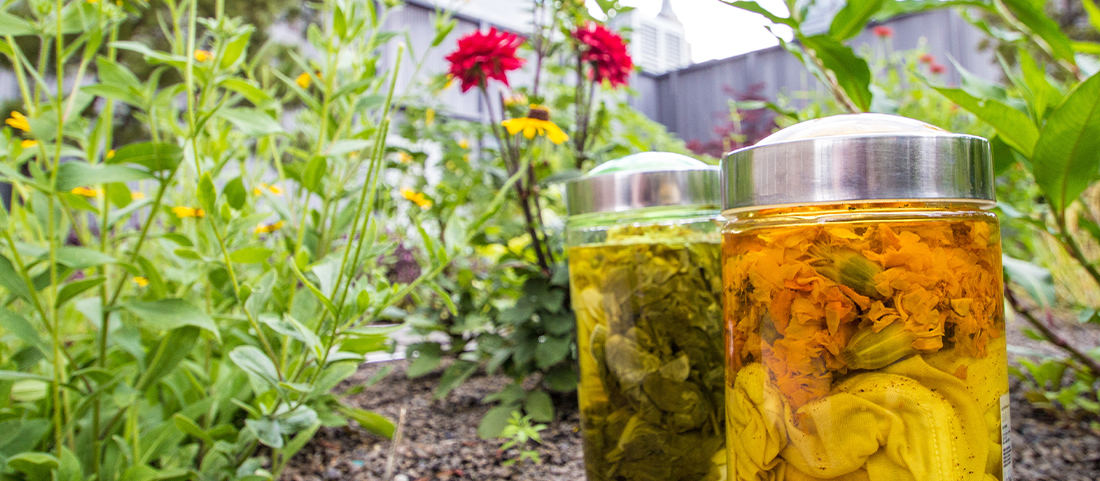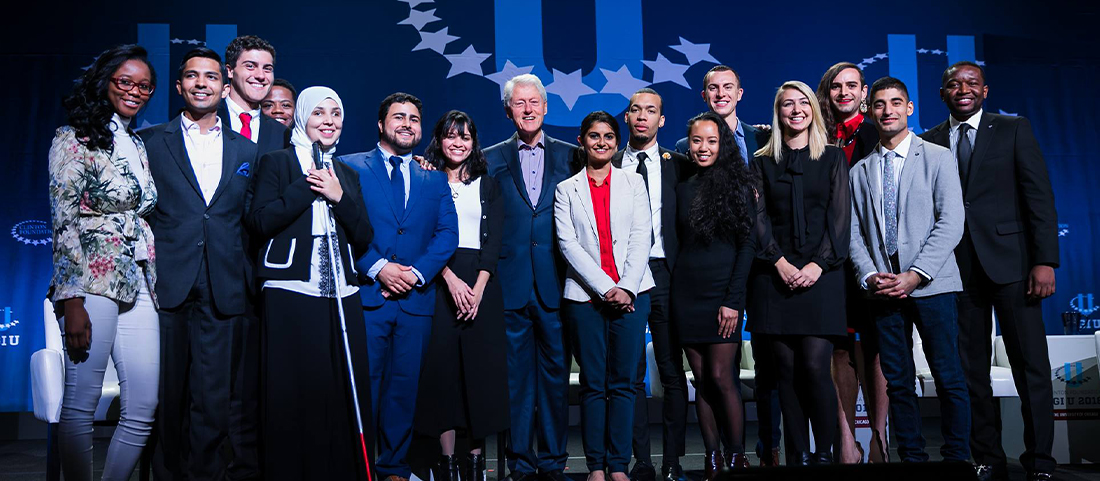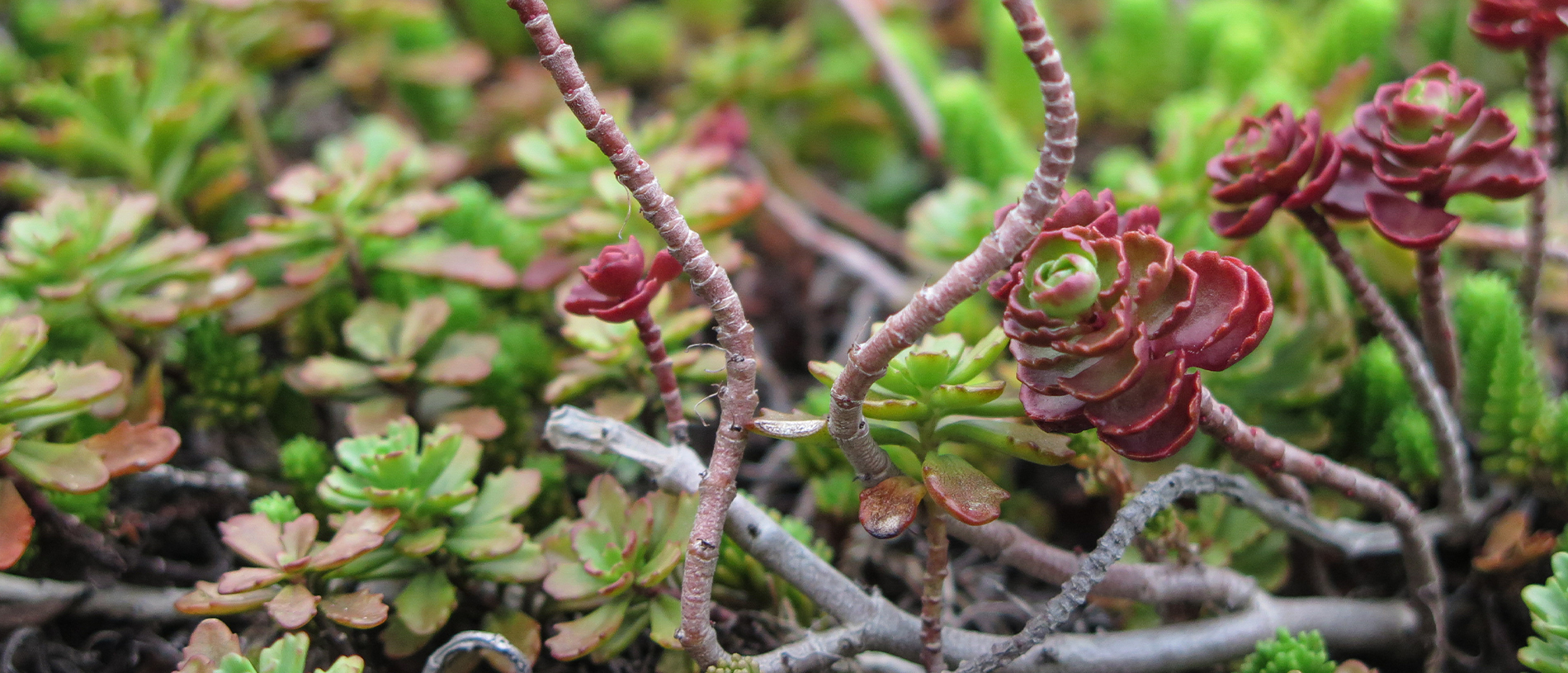
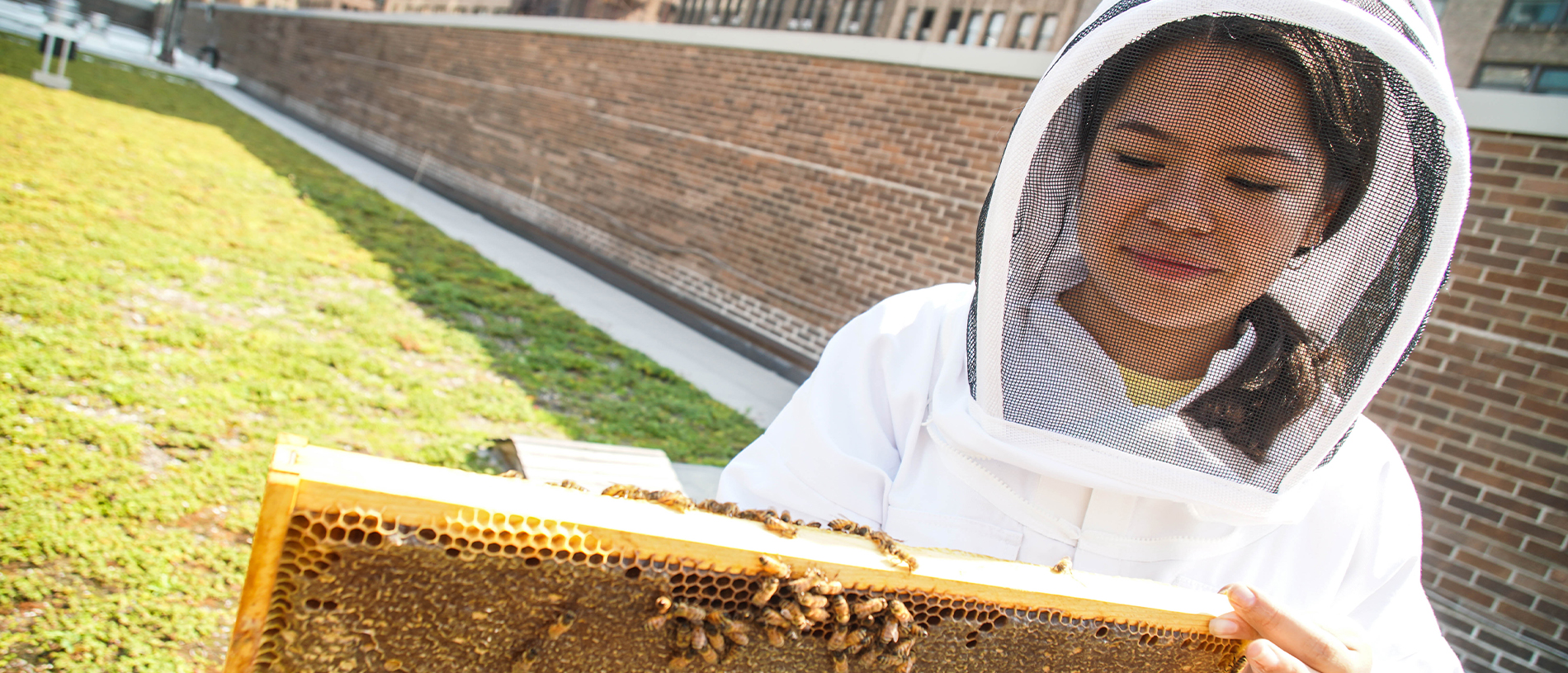
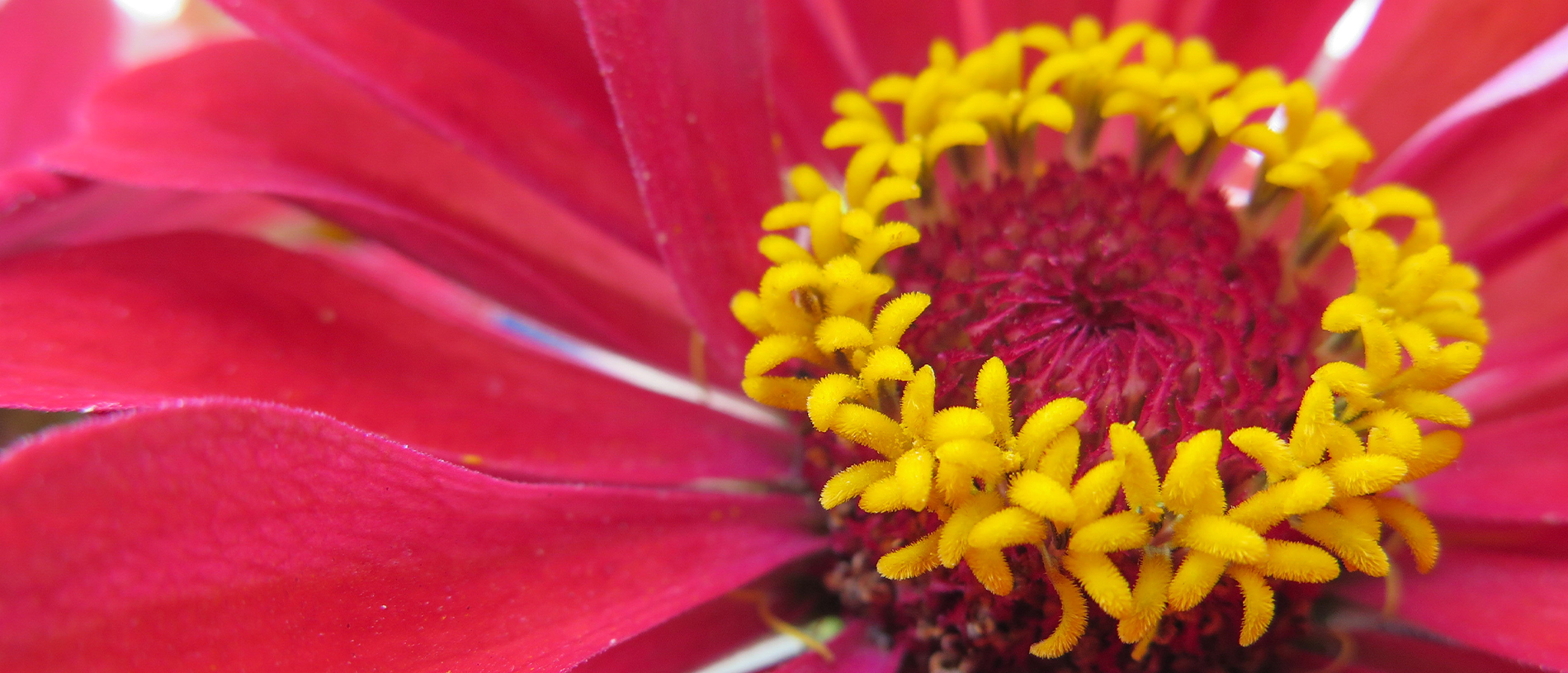
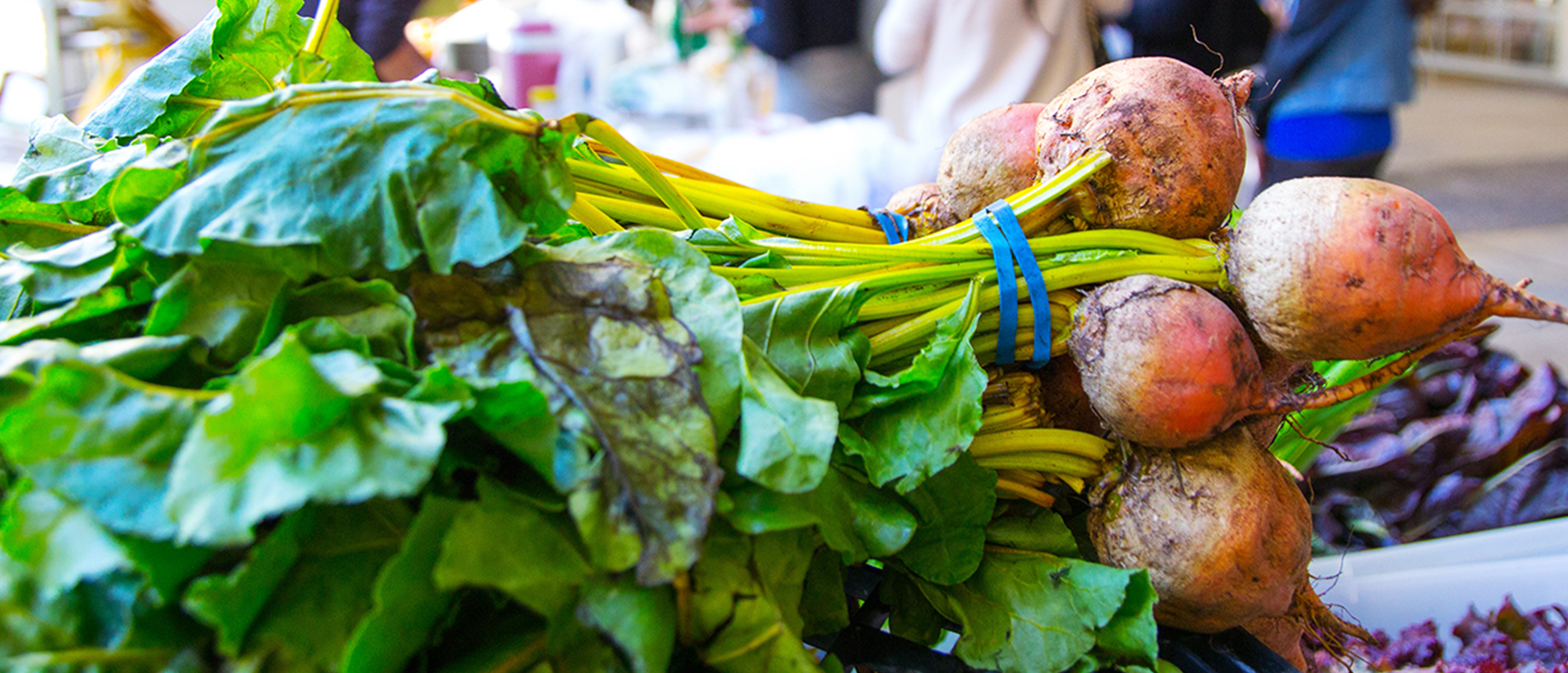
Sustainability at FIT
Green Is Our Color
At FIT, sustainability is a core value that infuses every aspect of the college—from curriculum to campus infrastructure and architecture to the daily decisions we make.
FIT has consciously made a strong, active, and highly visible commitment to sustainability leadership. We want to drive changes in thinking and practice, to demonstrate that sustainability is possible for a large institution, and to provide a model for other organizations. We recognize that sustainability is not an isolated goal, but extends into related areas such as corporate social responsibility, ethics, and fair trade.
As educators, we hope to inspire current and future generations of students to take action. In fact, in so many ways, we already follow their lead and instill in them the expertise and knowledge to become drivers of sustainability in their fields.
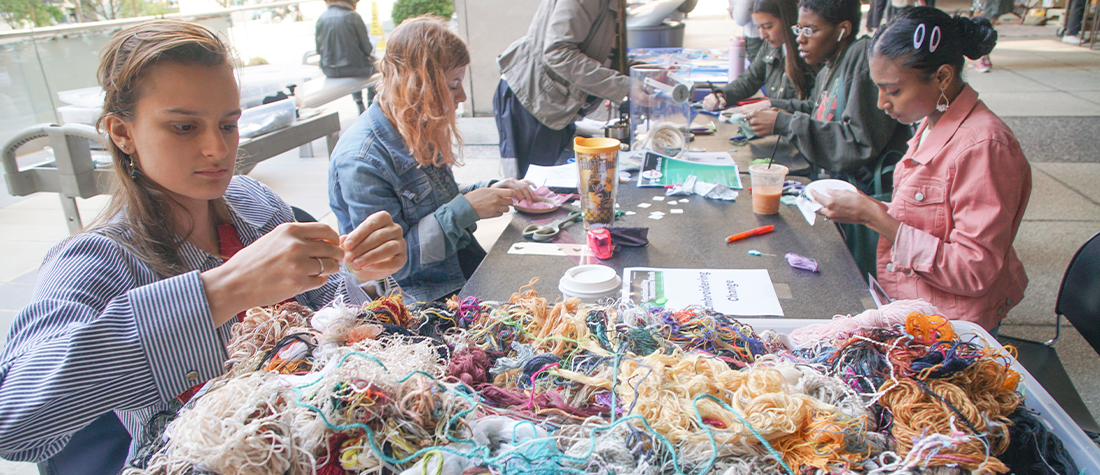
Unconventional Solutions
We face vast challenges that need big solutions. The creative industries design and make products using materials and practices that can harm the environment and the people who produce them. As a college that helps shape those industries, we have a responsibility to reimagine their future. It’s our goal to provide opportunities for like-minded—and different-minded—people to come together in innovative partnerships that spark new ideas and develop viable solutions.
We provide spaces and resources that support teaching and learning, research, and activities around sustainability. Participants include students, faculty, alumni, industry partners, and the public. Our annual Sustainable Business and Design Conference was launched 15 years ago. And sustainability is a component of a range of projects taking place in FIT’s Center for Innovation and DTech Lab.
Sustainability became a focus at FIT as faculty, students, and administrators increasingly expressed concern about climate change and about campus and industry operations that were damaging to the environment. The college’s Strategic Plan committed to instituting sustainable practices and reducing FIT’s carbon footprint. The first annual Sustainable Business and Design Conference was held in 2007, President Brown established the FIT Sustainability Council in 2008 to develop initiatives throughout the community; the council organizes and hosts the conference and offers grants to support campus projects.
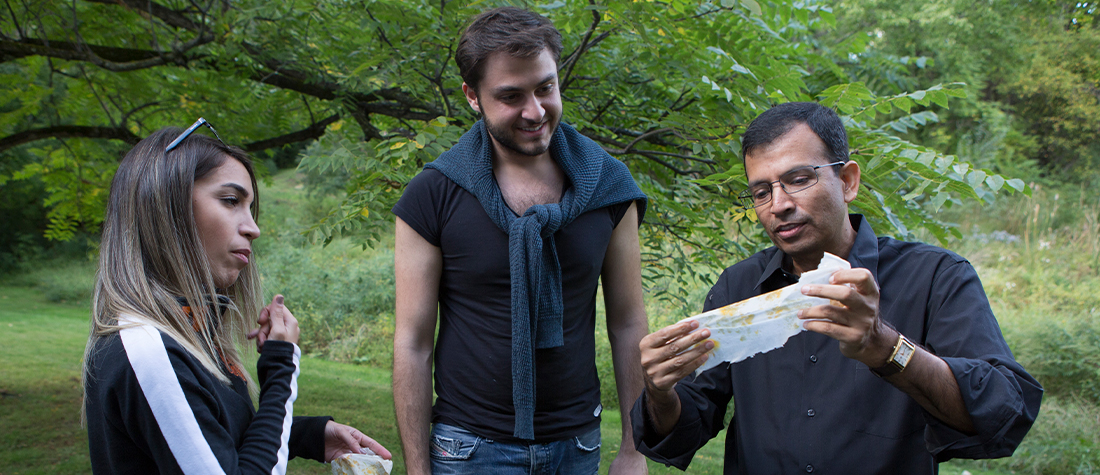
History
FIT’s commitment to sustainability began as part of the college's Strategic Plan. President Joyce F. Brown established the FIT Sustainability Council in 2008. Sustainability is now a core value that infuses all aspects of our community.
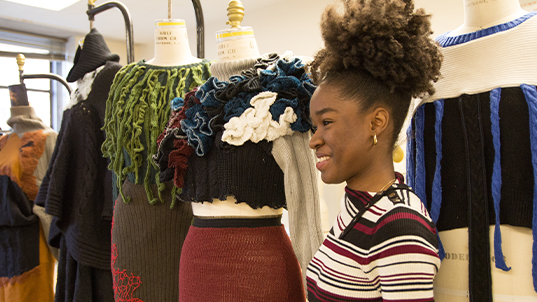
Sustainability Studies
Become an environmentally conscious, creative, and strategic thinker through our academic programs. Develop insights into sustainable principles and practices, and learn to think and act purposefully to create change.
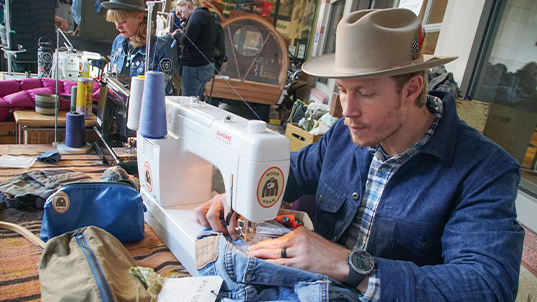
Get Involved
As a member of the FIT community—students, faculty, and staff—you can find opportunities to take action to promote and further sustainability on campus and beyond.
Students Take Action
Commitment to a Greener Campus
As a large urban campus, FIT recognizes that our infrastructure, architecture, and
operations offer many opportunities to integrate sustainable practices and reduce
our carbon footprint. Since being the first institution among New York’s colleges
and hospitals to meet (and exceed) the 2007 Mayor’s Carbon Challenge, FIT has continually
expanded its initiatives, from installing green roofs to using better materials and
equipment in construction and renovation projects to recycling efforts on
campus.
Conferences and Events
FIT organizes and hosts events that promote sustainability awareness and practice.
Start With a Seed
FIT’s Natural Dye Garden and Muslin Composting System started out as ideas. FIT students made them real.
Lydia Baird
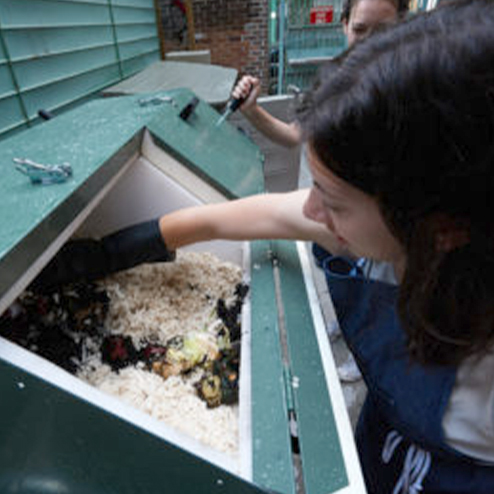
Learn more about part of the Natural Dye Garden and Muslin Composting System, used for FIT’s dye garden
Sustainability Resources
Other Business, Government, and International Agencies
